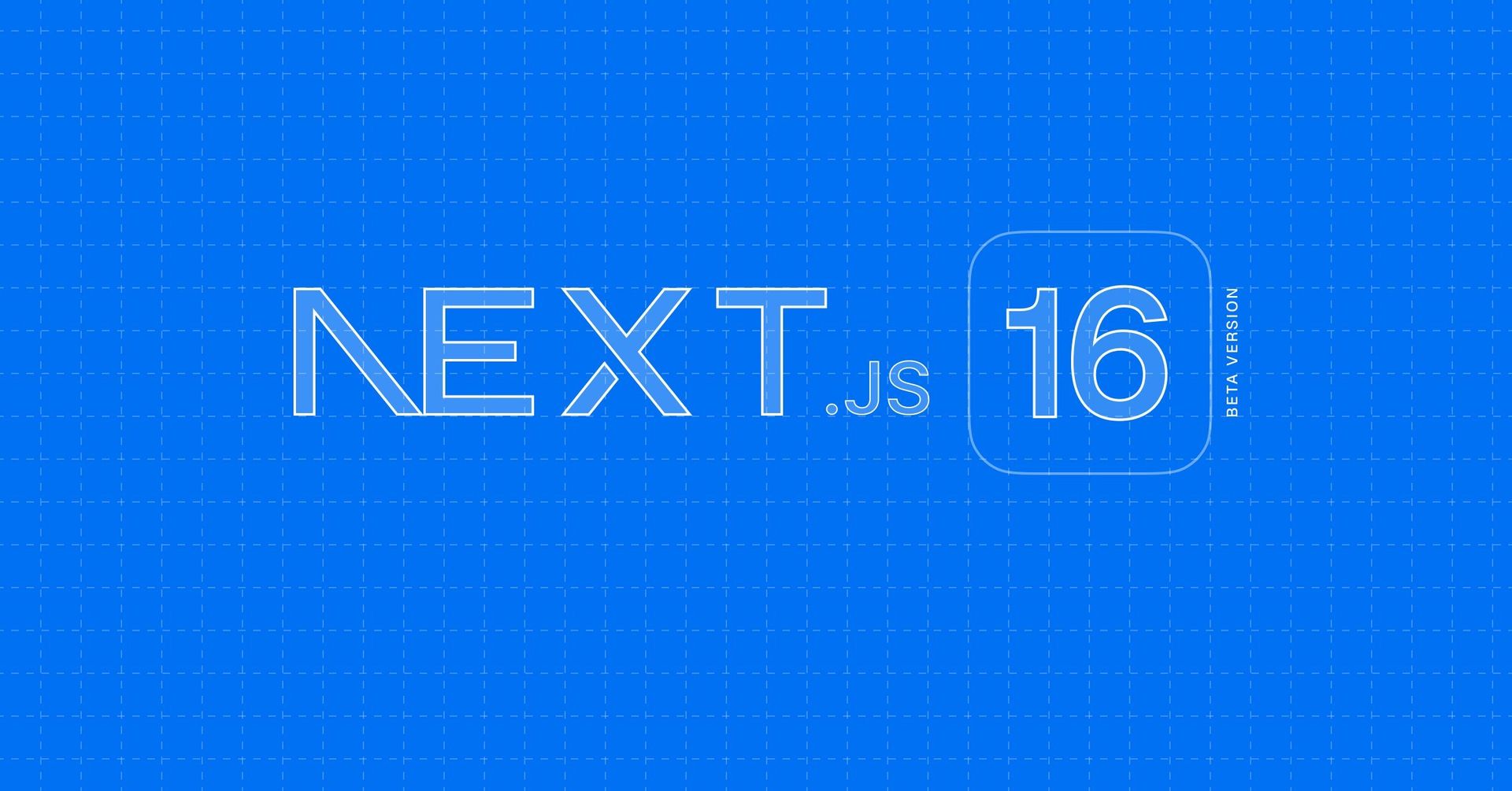Next.js 16 beta introduces groundbreaking performance enhancements with Turbopack as the default bundler, delivering 2-5x faster builds. The release also revolutionizes routing efficiency with layout deduplication, introduces smarter caching APIs, and brings stable React Compiler integration—setting new standards for modern web development.
Next.js 16 Beta: A Quantum Leap in Performance and Developer Experience

The Next.js team has unveiled the highly anticipated beta of Next.js 16, marking a watershed moment for the framework. Built on lessons from over 50% of development sessions already running Turbopack in Next.js 15.3+, this release delivers transformative performance gains and architectural refinements that reshape production and development workflows.
🚀 Turbopack Takes Center Stage
Turbopack graduates to stable as Next.js's default bundler, slashing build times by 2-5x and accelerating Fast Refresh by up to 10x. The integration eliminates configuration friction—new projects automatically harness these optimizations. For complex legacy setups, developers can revert via:
next build --webpack
A new Turbopack File System Cache (beta) further optimizes dev server restarts for large codebases. Enabling it in next.config.ts dramatically reduces recompilation latency:
const nextConfig = {
experimental: { turbopackFileSystemCacheForDev: true }
};
⚡️ Smarter Routing & Caching Architectures
Routing Revolution
Next.js 16 rewrites its navigation engine:
- Layout Deduplication: Prefetching 50 product links? Shared layouts now download once instead of 50 times
- Incremental Prefetching: Only fetches uncached page segments, canceling requests when links exit viewports
Cache Control Evolved
New granular caching APIs replace blunt instruments:
updateTag(): Server Actions instantly reflect changes (e.g., user profile updates) with read-your-writes consistencyrevalidateTag(): Now requirescacheLifeprofiles (e.g.,'max') for fine-grained stale-while-revalidate behaviorrefresh(): Updates uncached dynamic elements (like live counters) without invalidating entire pages
🔧 Stable React Compiler & Build Adapters
React Compiler support stabilizes, automating component memoization without code changes. Enable via:
const nextConfig = { reactCompiler: true };
The alpha Build Adapters API unlocks custom build pipelines—deployment platforms can now hook into compilation:
const nextConfig = {
experimental: { adapterPath: require.resolve('./my-adapter.js') }
};
⚠️ Critical Breaking Changes
- Node.js 18 support dropped—20.9+ required
- PPR (Partial Prerendering) removed—migrating to Cache Components model
revalidateTag()now requires cache profiles: Migrate torevalidateTag(tag, 'max')- Synchronous data methods like
cookies()nowasync - Image optimization defaults hardened against enumeration attacks
🧪 The Road to Stability
This beta signals Next.js's commitment to performance-first evolution. While Turbopack's filesystem caching and Build Adapters remain experimental, their inclusion reflects real-world testing at Vercel scale. Developers are urged to stress-test the beta and report issues—especially around the new caching semantics and routing optimizations.
"These changes reduce network transfer sizes by orders of magnitude. We believe this tradeoff—more requests for far less data—is the future of efficient navigation," notes the core team.
The full stable release, expected before Next.js Conf, will finalize Cache Components and migration paths for PPR adopters.
Upgrade via:
npx @next/codemod@canary upgrade beta
# OR
npm install next@beta react@latest react-dom@latest
Source: Next.js Blog

Comments
Please log in or register to join the discussion